The Scotland-Switzerland similarities
September 17, 2014, 4 Comments
Scotland is everywhere at the moment in Switzerland, and not just on the news. The main upmarket furniture shop, Pfister, has declared this autumn to be one of Highland Romance. How very apt. Its catalogue (above) and shops are full of tartans (real and fake), stuffed Scottie dogs (not real) and shortbread tins.
Given that this is Switzerland, I thought it had all been carefully planned to coincide with the referendum but apparently not. And with Union Jacks also on display, Pfister wasn’t being very neutral.
But it got me thinking about the similarities between the two S-lands. Not least they are both often seen by the outside world purely in terms of clichés. Cheese, chocolate and Heidi or kilts, Celts and Braveheart. Elements of truth but not the whole story.
So here are ten things the two countries have in common. Both have:
- drinks that no-one else likes: Rivella and Irn-Bru
- languages that no-one else speaks: Gaelic and Romansh
- world-class tennis players: Andy Murray and Roger Federer
- unlikely musical instrument: bagpipes and alphorns
- cruciform flags: the Scottish saltire and the Swiss cross
- heroic Wills: William Wallace and William Tell
- dialects that test non-locals: Glaswegian and Walliserdeutsch
- extraordinary national dishes: haggis and fondue
- club games they invented: golf and Hornussen
- beautiful capitals: Edinburgh and Bern
Throw in the fact they each have difficult relationships with their bigger neighbours and splendid countryside – and they are practically twins. Especially as for this week at least, Scotland is discovering the power of direct democracy. A referendum like this is a once-in-a-generation thing in Scotland, and not a once-a-quarter affair like in Switzerland, so it’s exciting to see it in action.
It reminds me a lot of the 9 February vote on immigration in Switzerland. Both crucial votes to decide the future direction of the country. Both with a Yes camp that campaigned with nationalist fervour and Utopian promises. Both with a No camp that focused on economic calamity and keeping the status quo. Both neck-and-neck races where a few thousand votes make the difference.
Switzerland voted Yes by the slimmest of margins. Will Scotland do the same?




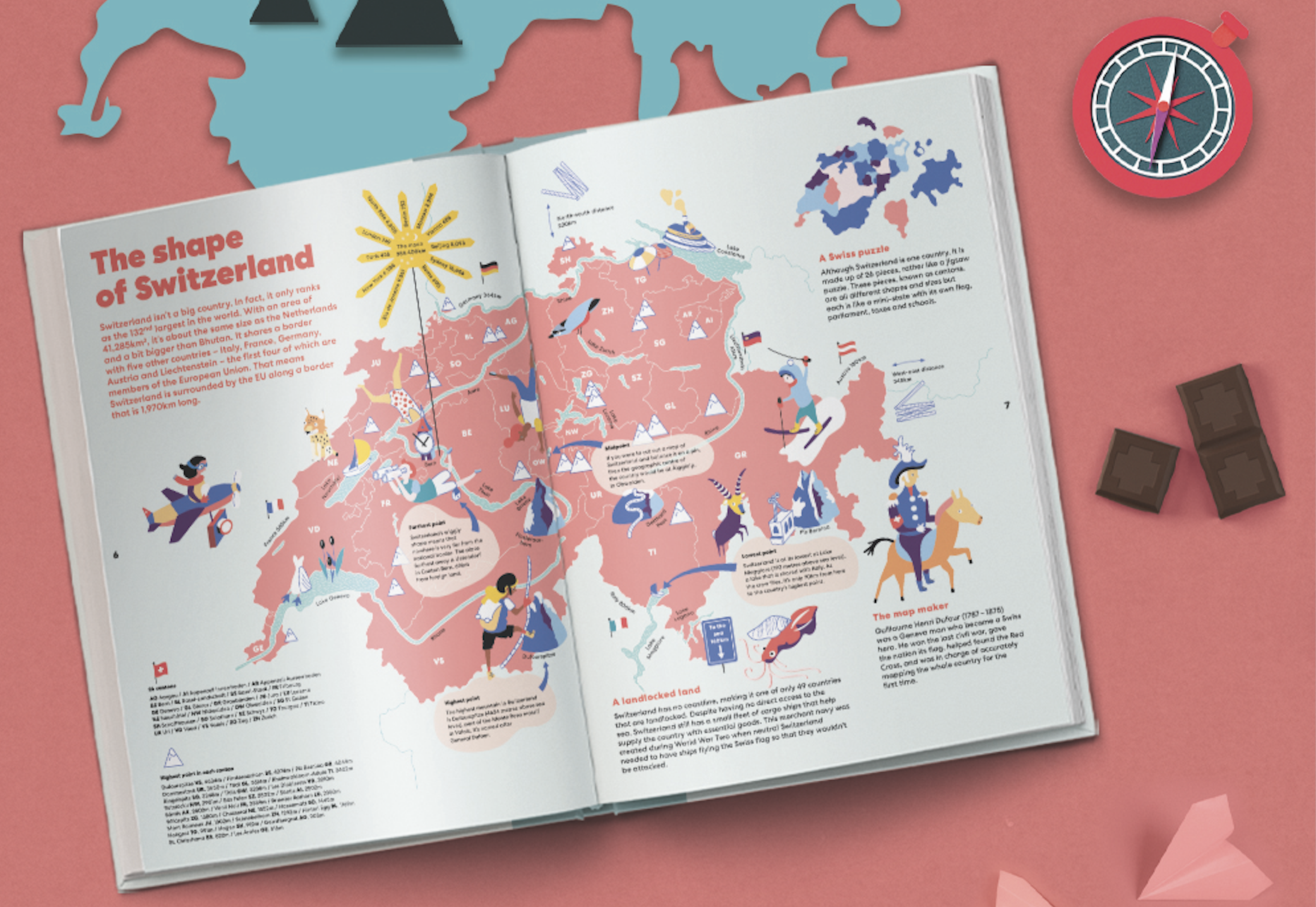



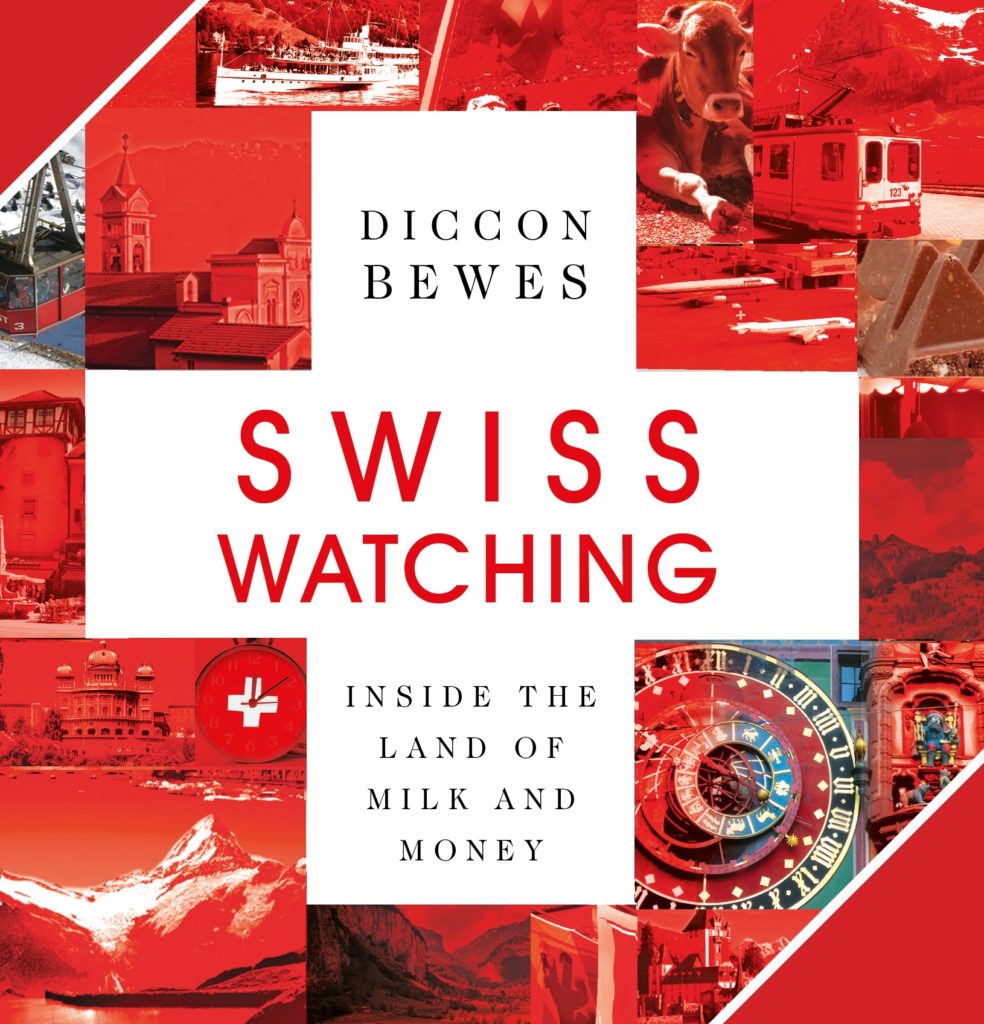
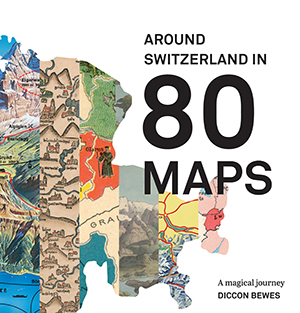
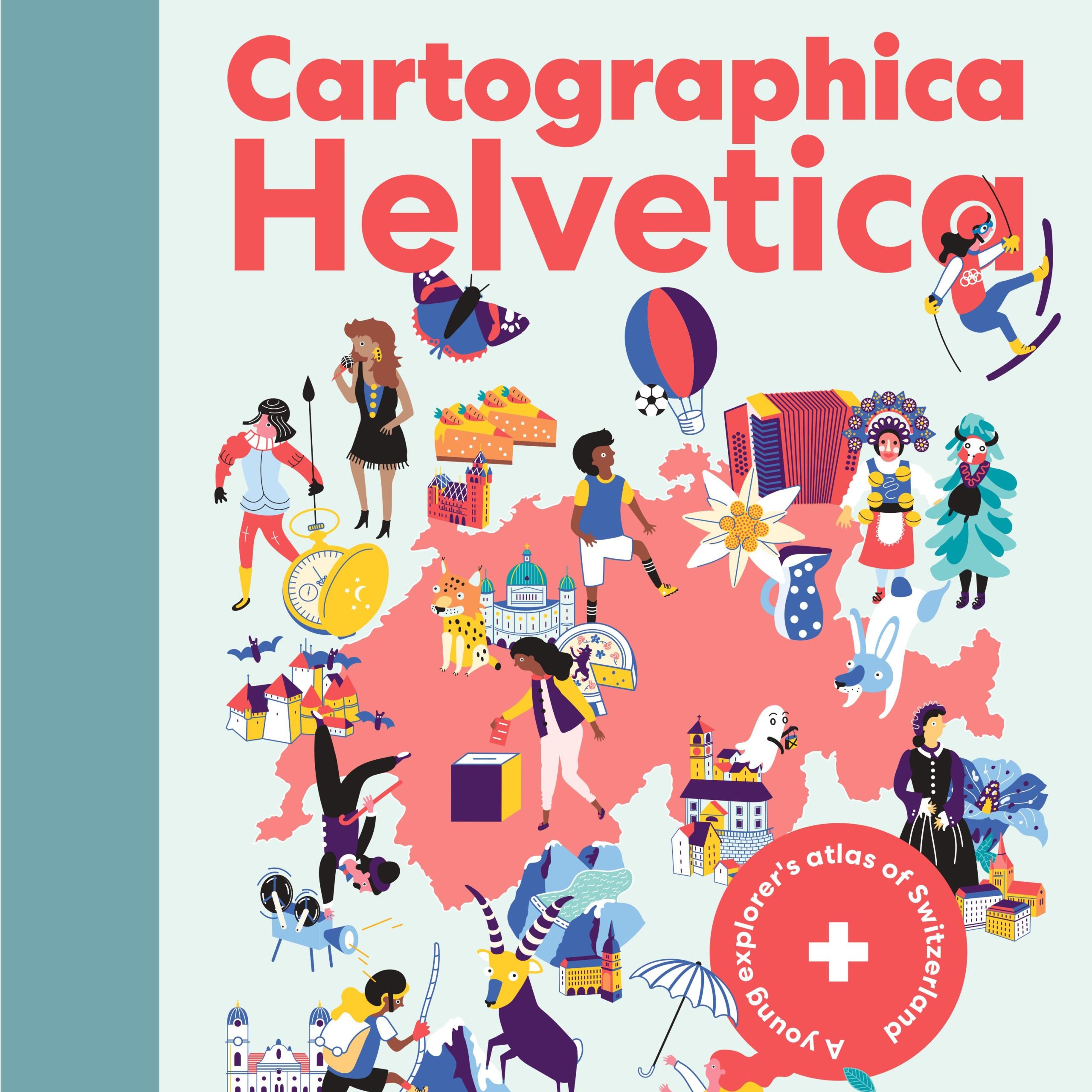
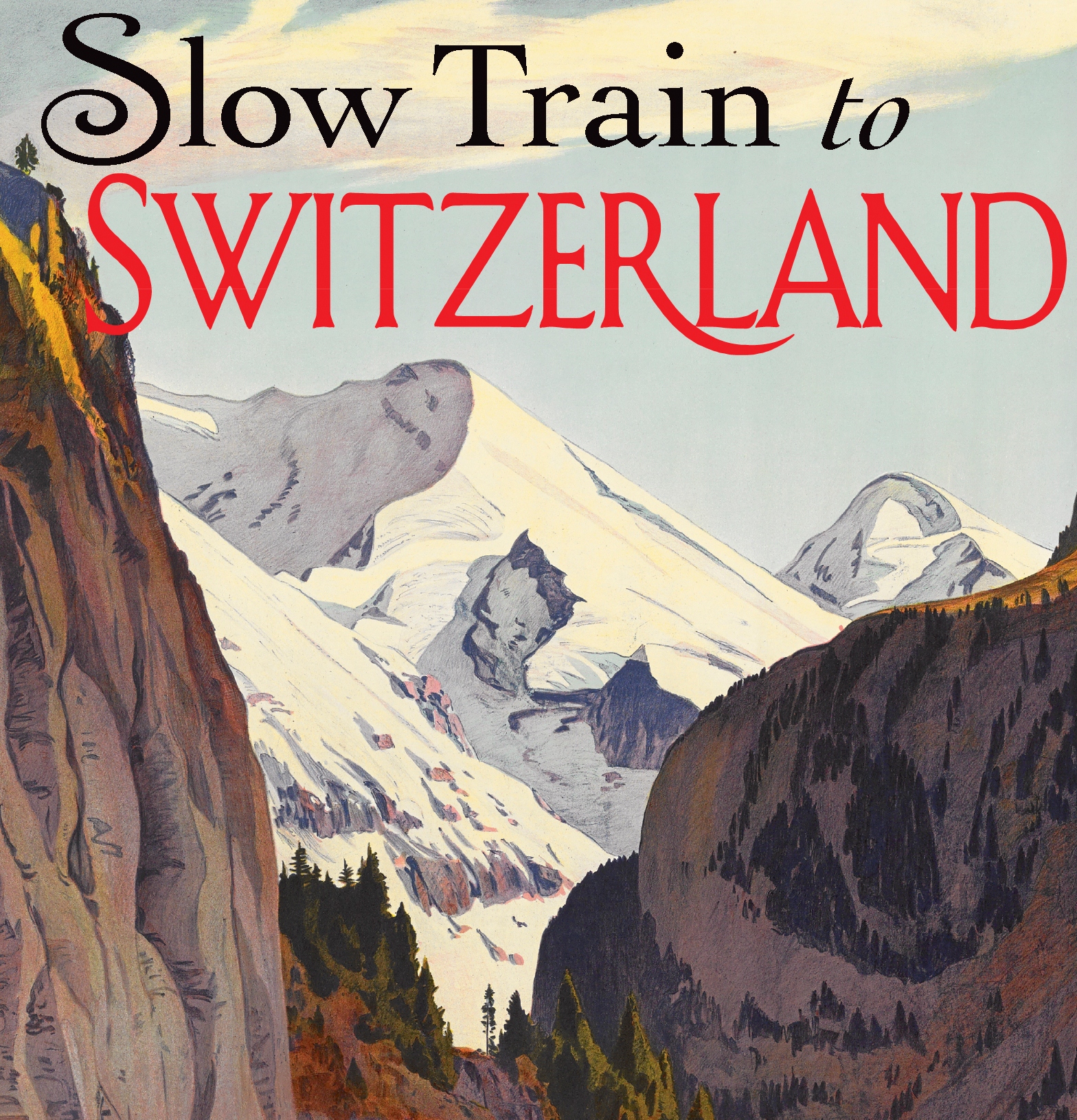

 Follow on Facebook
Follow on Facebook Follow on Twitter
Follow on Twitter Subscribe by RSS
Subscribe by RSS Contact me directly
Contact me directly Global Solutions Inc.
Global Solutions Inc.
4 Comments on "The Scotland-Switzerland similarities"
Just spotted a small error in an otherwise very amusing article. The flag of the united kingdom is called a Union Flag. It is only called a Union Jack when it is flown on a ship at sea.
Indeed Tom except for the fact that almost everyone calls it the Union Jack no matter where it is flying. You only have to look at the current articles on what would happen to it if Scotland votes Yes to see that it’s largely called the Union Jack, eg this one from the Guardian http://www.theguardian.com/politics/2014/sep/16/flag-end-union-jack-scotland-independence or the New Yorker http://www.newyorker.com/news/news-desk/referendum-on-union-jack
So I went with common parlance rather than precise correctness!
It’s also interesting to note that a certain Herr Farage proclaims support for the Swiss in their independence, but not the Scots in theirs. Of course one is independence from the EU and one not, but then, it’s only his version of independence that counts for anything anyway…
There’s a linguistic connection as well. I grew up in America, reading English literature, and visiting my mother’s relatives in Switzerland. I have noticed similarities in language between the Swiss-German dialect of my mother’s region (Kanton Solothurn) and Scottish gaelic. In English, we say “we must go” or “we have to go.” In German, we say “wir mussen gehen” (umlaut over the letter U). In Swiss-German we say “mer moehn go.” The o in go is pronounced like the Scottish word for go. In reading a poem by Robert Burns, I saw a word maun, which means must or have to. I’ve even seen a variation of it in Anglo-Saxon (in Beowulf). A professor of German once told me that there was a common tongue that was spoken throughout the early and late medieval worlds in Europe and the British Isles. Why does the word go sound so similar when spoken by a Swiss-German from my mother’s region and a Scott? Why is the word Burns used, maun, so similar sounding to the word used by my mother’s region, moehn (umlaut over the o and replaced by an e)? I believe this is evidence that there was once a greater connection between the two people’s and its evidence is buried in the remnants of what remains in the language.